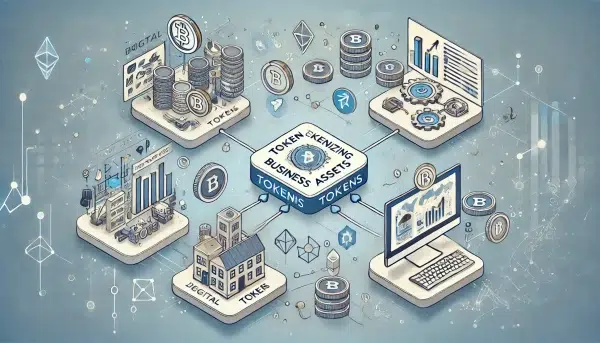Smart contracts are one of the most revolutionary applications of blockchain technology. These self-executing contracts with the terms of the agreement directly written into code enable automated and secure transactions without intermediaries. Here’s a comprehensive guide to understanding the benefits and applications of blockchain smart contracts.
What are Smart Contracts?
Smart contracts are digital agreements that automatically enforce and execute the terms of a contract when predefined conditions are met. They run on blockchain networks, ensuring transparency, security, and immutability.
Key Benefits of Smart Contracts
- Automation and Efficiency Smart contracts automate processes, reducing the need for manual intervention and minimizing human error. This leads to faster and more efficient transactions.
- Cost Reduction By eliminating intermediaries, smart contracts reduce the costs associated with traditional contract execution and enforcement. This is particularly beneficial in industries like finance and real estate.
- Security and Trust Smart contracts are encrypted and distributed across a decentralized blockchain network, making them highly secure. Their immutable nature ensures that once the contract is executed, it cannot be altered.
- Transparency All parties involved in a smart contract can see and verify the terms and conditions. This transparency builds trust and reduces the risk of disputes.
Applications of Smart Contracts
- Financial Services Smart contracts enable decentralized finance (DeFi) applications such as lending, borrowing, and trading. They facilitate secure and transparent financial transactions without traditional banks.
- Supply Chain Management Smart contracts enhance supply chain transparency and efficiency by automating processes like inventory management, order tracking, and payment settlements.
- Real Estate In real estate, smart contracts streamline property transactions by automating processes such as title transfers, escrow services, and payment processing.
- Healthcare Smart contracts can securely manage patient records, automate insurance claims, and ensure the integrity of clinical trials data.
- Legal Industry Smart contracts automate the execution of legal agreements, reducing the time and cost associated with contract management and dispute resolution.
Challenges and Considerations
While smart contracts offer numerous benefits, there are also challenges to consider, such as:
- Complexity in Coding: Developing smart contracts requires expertise in programming and understanding legal requirements.
- Regulatory Uncertainty: The regulatory environment for smart contracts is still evolving, and businesses must stay informed about legal developments.
- Error and Bugs: Coding errors can lead to significant issues, making thorough testing and auditing essential.
At Valuenize, we specialize in developing secure and efficient smart contracts tailored to your business needs. Our team of experts ensures that your smart contracts are robust, compliant, and optimized for your specific applications. Contact us today to learn how we can help you leverage the power of blockchain smart contracts.



